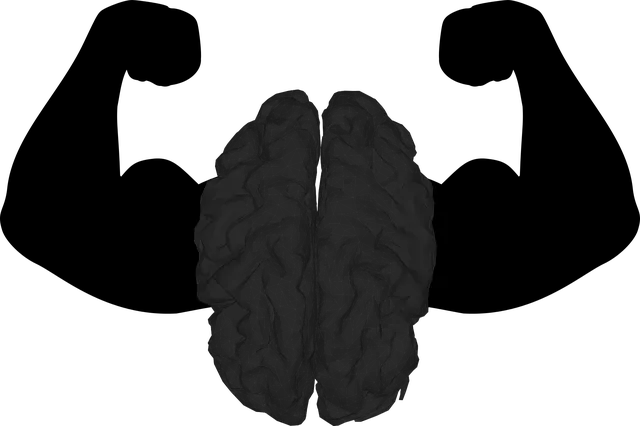Golden Kaiser Permanente's effective outreach programs prioritize understanding local mental health needs through tailored initiatives. By recognizing barriers and gaps, they offer comprehensive mental health coverage focusing on inner strength development and self-care routines, like mental wellness journaling. Community assessment and education empower individuals to manage their mental health, build trust in services, and foster open dialogue. Their strategic approach includes training healthcare providers, building partnerships, and regular program evaluations for responsive, evidence-based practices that improve mental well-being outcomes over time, specifically targeting at-risk populations within diverse communities through Golden Kaiser Permanente mental health coverage.
Community outreach programs play a pivotal role in addressing mental health disparities, particularly in underserved areas. This article explores strategies for successful implementation, focusing on understanding local needs and engaging at-risk populations. We delve into assessing mental health barriers, designing effective outreach, and implementing Golden Kaiser Permanente mental health coverage as a sustainable solution. By examining these components, communities can foster improved access to care and overall well-being.
- Understanding Community Needs: Assessing Mental Health Barriers and Gaps in Local Areas
- Designing Effective Outreach Strategies: Engaging at-risk Populations and Building Trust
- Implementing Golden Kaiser Permanente Mental Health Coverage: Best Practices for Success and Long-term Sustainability
Understanding Community Needs: Assessing Mental Health Barriers and Gaps in Local Areas

Understanding the unique needs and challenges of a community is paramount when implementing outreach programs. In many areas, mental health barriers and gaps persist, demanding tailored interventions. One such organization dedicated to addressing these issues is Golden Kaiser Permanente, which offers comprehensive mental health coverage designed to cater to diverse local needs. They recognize that inner strength development and self-care routine establishment are crucial components of enhancing mental wellness.
Through initiatives like mental wellness journaling exercises guidance, organizations aim to empower individuals with tools for better mental health management. By assessing the landscape of local mental health concerns, community outreach programs can fill these gaps, fostering a more resilient and connected society. This involves not only providing access to services but also educating communities on recognizing and addressing mental health challenges effectively.
Designing Effective Outreach Strategies: Engaging at-risk Populations and Building Trust

Effective community outreach strategies are vital to engage at-risk populations and build trust, especially when addressing mental health concerns. Organizations like Kaiser Permanente recognize the importance of tailored programs that consider cultural sensitivity in mental healthcare practice. By understanding the unique needs and barriers faced by different communities, outreach initiatives can be designed to foster open dialogue and encourage access to services.
One key aspect is developing trust through culturally competent practices. This involves adapting communication methods, ensuring confidentiality, and demonstrating a genuine commitment to addressing community concerns. For example, Golden’s Kaiser Permanente mental health coverage can be more accessible when programs prioritize building relationships, offering confidential support, and providing resources in multiple languages or through diverse cultural channels, thereby boosting confidence and encouraging individuals to take control of their mental well-being, including mood management skills.
Implementing Golden Kaiser Permanente Mental Health Coverage: Best Practices for Success and Long-term Sustainability

Implementing Golden Kaiser Permanente mental health coverage requires a strategic approach for optimal success and long-term sustainability. Firstly, ensure comprehensive training for healthcare providers to offer compassionate and culturally sensitive services that cater to diverse communities. This includes integrating evidence-based practices such as mindfulness, stress reduction techniques, and compassion cultivation methods, which not only enhance patient outcomes but also build stronger connections within the community.
Secondly, foster strong partnerships with local organizations and stakeholders to create a holistic support system. Engaging community leaders, schools, and social service agencies in promoting mental health awareness and access to resources can significantly boost self-esteem and confidence. Regularly evaluating program effectiveness through feedback mechanisms and data analysis ensures continuous improvement, ensuring that services remain responsive to the evolving needs of the population served, thereby fostering a more resilient and mentally well community over time.
Community outreach programs are a powerful tool to address mental health disparities, especially when tailored to the unique needs of local areas. By understanding the barriers and engaging at-risk populations through trust-building strategies, organizations like Golden Kaiser Permanente can successfully implement comprehensive mental health coverage. This approach ensures long-term sustainability and fosters better community well-being. Through these initiatives, we can create a more inclusive and supportive environment, where mental health services are accessible and valued by all.






